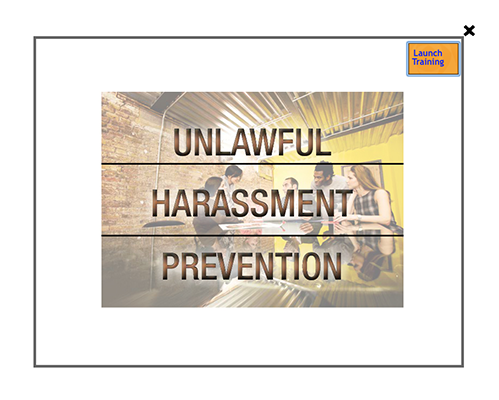By Audrey Werth/tr news editor
To a stranger, it may seem that our society is not a happy one. Blog posts and newspaper articles are constantly published, and even college courses taught, on how to be happy — suggesting that many of us are not.
Along with all of these magic 10-step happiness solutions, we see a deluge of advertising advocating a consumer lifestyle. This sends the signal that happiness requires buying more of the latest products, which in turn requires a job just to make money to afford this lifestyle.
The reality of the situation, however, is that there will always be a new gadget or a new fashion trend if our culture continues to focus so heavily on progress measured by technical innovation evidenced in everyday life by appearance.
A larger house, an iPhone and the latest Ralph Lauren polo shirt does not, alone, lead to happiness.
Many Americans spend at least 40 hours a week, if not more, working one, two or three jobs they don’t like to afford a lifestyle not as satisfying as anticipated.
This struggle for happiness originated, along with capitalism, from the notion that people are inherently lazy.
Economist and moral philosopher Adam Smith, the founder of industrial capitalism, wrote in his 1776 book, The Wealth of Nations, “It is in the interest of every man to live as much at his ease as he can.”
Smith believed that people must be given pay as incentive to work.
Our economic system is founded in the belief that living at ease is our inclination, and it has become a self-fulfilling prophecy.
People are not inherently lazy. We are struggling to be happy in a system that values materialism assuming people will want to make money to buy things and live an easy life.
Activist Eve Ensler said, “When we give in the world what we want the most, we heal the broken part inside each of us.”
That is a much stronger ideology to structure society around rather than people require incentive because they are lazy.
Happiness can be found through work, but hard work that allows people to feel they are making a positive contribution.
Happiness can also be found in strong relationships and meaningful connections with other people. If happiness is our goal, these are ideas we ought to value, but getting stuck searching for fulfillment in materialism and consumerism is easy because it is rooted in the foundation of our economy.






























